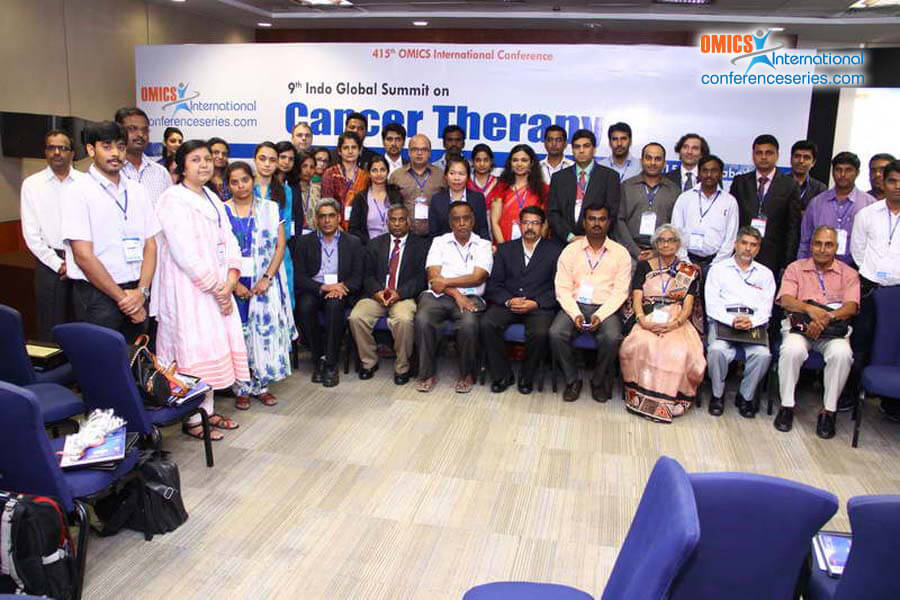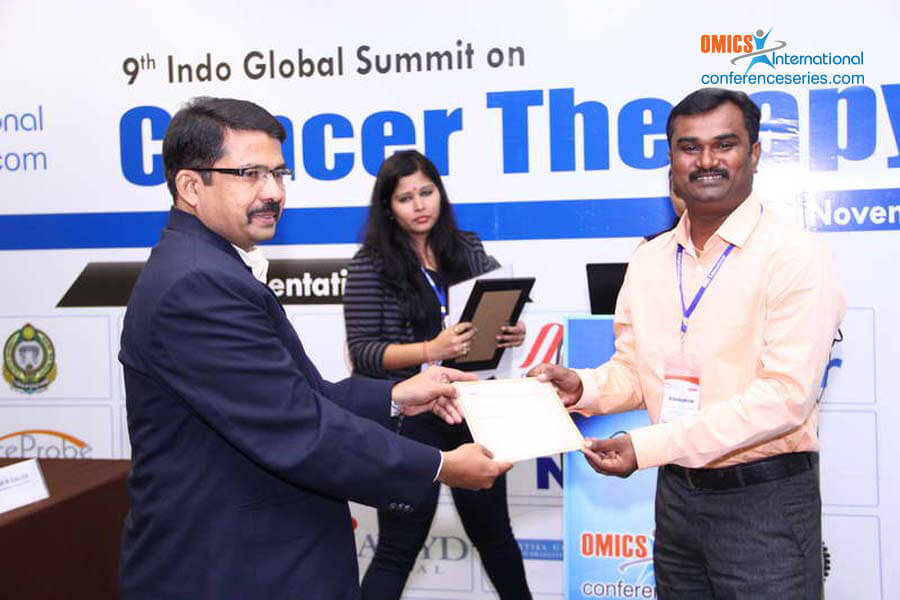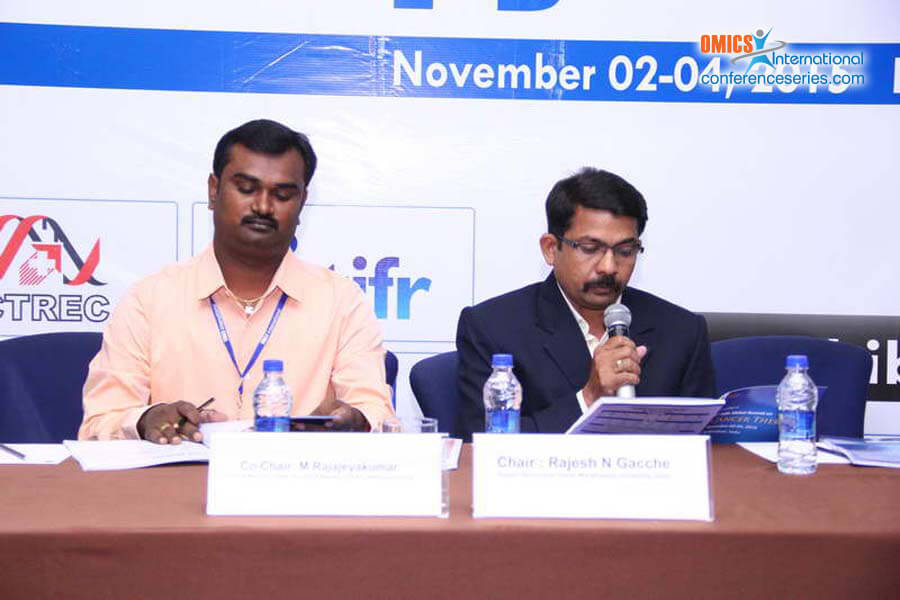
M.Rajajeyakumar
Chennai Medical College Hospital and Research Centre, (SRM Group), India
Title: Exposure of Artificial Bright Light at Night on Sleep Pattern, Biological Clock Rhythm and Future Risk of Breast Cancer
Biography
Biography: M.Rajajeyakumar
Abstract
Breast cancer is very common invasive cancer among women in the global. 18.2% of all cancer mortality worldwide, are from breast cancer. Breast cancer incidence is much higher in developed countries compared to developing nations. The lifestyle modification and diet habits of women in rich and poor nations are also contributory factors. A new dimension to the association between circadian rhythm disruption and breast cancer. Primary hypothesis was that breast cancer risk was more in females who work at night. Epidemiological studies in shift workers and flight attendants have associated chronic circadian rhythm disturbance (CRD) with increased risk of breast cancer. Shift working, jet lag and light at night can disrupt the internal biological clock and melatonin level leads to poor sleep, chronic fatigue, cardiovascular disease, obesity, diabetes, hypertension, depression and other health problems. Night shift work could increase breast cancer risk by raising levels of circulating estrogen. Regular bright light at night can suppress melatonin production and essential vitamin D levels are reduced due to lack of sunlight. It is not vision, but rather some other photo transduction system in the retina that causes suppression of melatonin in response to light. It was initially thought that blind women might have a greater risk of developing breast cancer, because some studies have reported that they have earlier menarche and delayed childbearing age, both of which have been seen to increase the risk of breast cancer in women, yet these women have been found to have a lower risk of developing the disease. Preventing breast cancer the obvious choice, the women should be to stick to daylight hours and avoid bright lights in the middle of the night. They should be equally careful to avoid staying up too late checking their phones or watching TV, since artificial light of many kinds can suppress the melatonin that protects their bodies and keeps their hormone levels stable. Recent development of science in the near future, good quality of sleep can be recommended to the list of cancer prevention.




